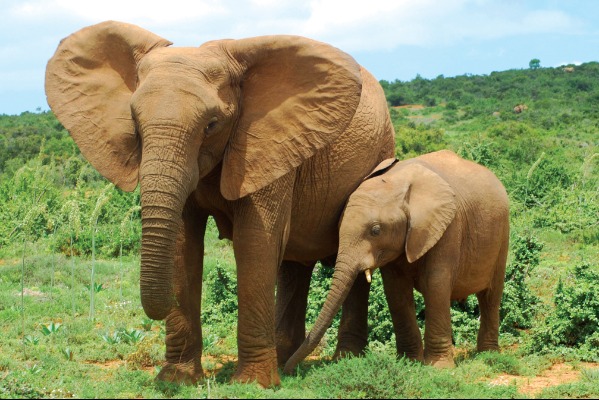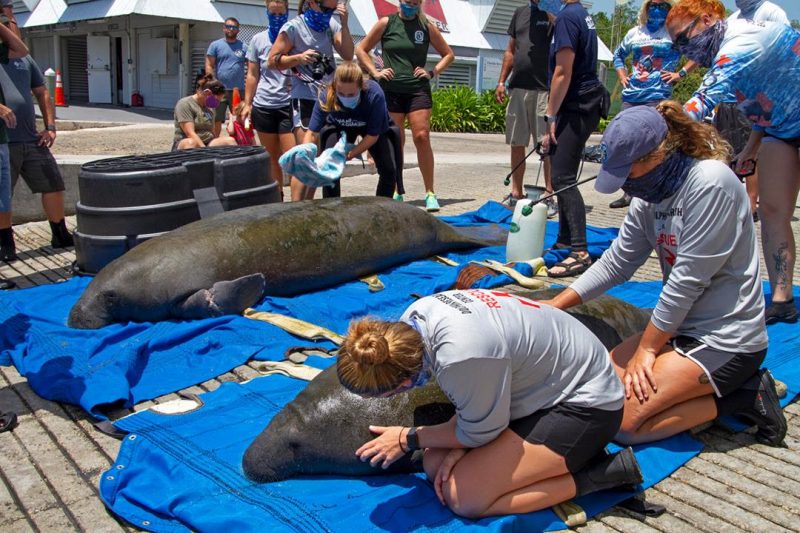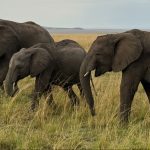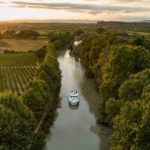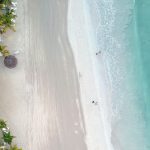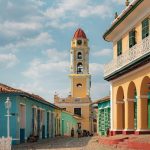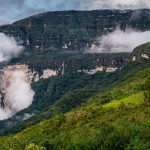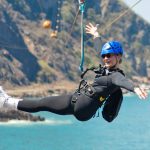Watching out for wildlife
Ian Stalker
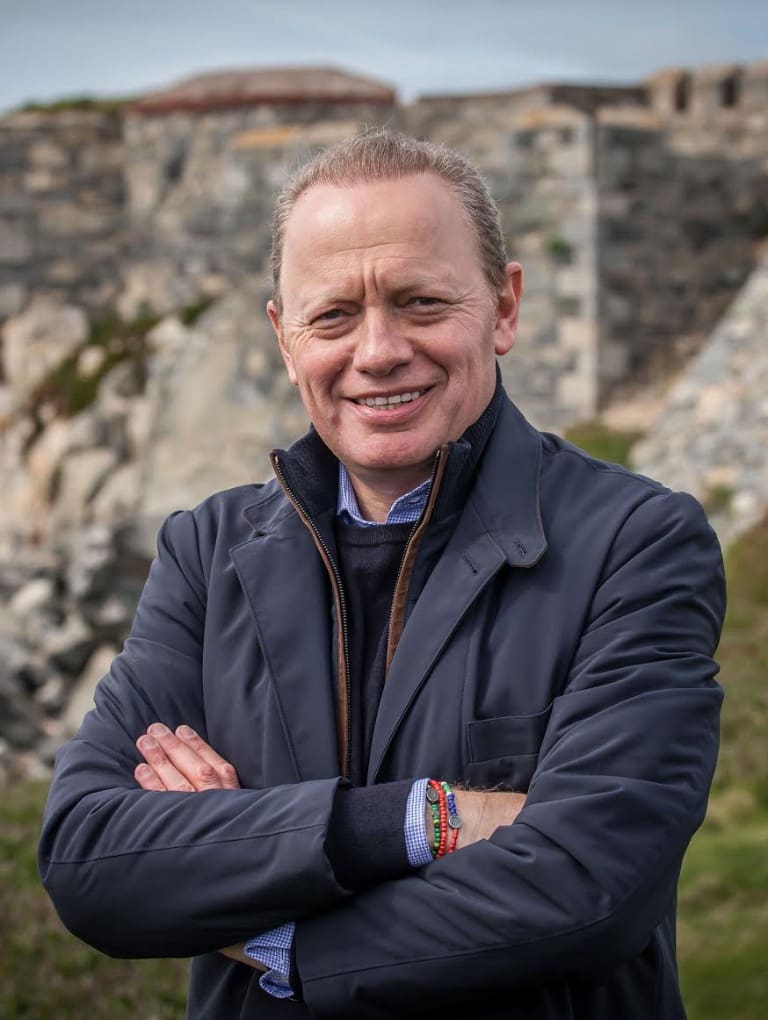
Brett Tollman
The Travel Corporation
Future generations of wildlife enthusiasts who visit parts of South Africa may have an opportunity to spot a spotted cat, thanks to The Travel Corporation’s TreadRight foundation.
The Travel Corporation CEO Brett Tollman notes TreadRight funds a number of animal welfare projects, including one in an area of the Western Cape of South Africa that is home to an endangered population of Cape leopards.

James Thornton
Intrepid Travel
According to World Animal Protection, up to 550,000 wild animals are currently enduring lifetimes of suffering at tourist entertainment venues globally. Activities such as riding elephants, taking photos with tigers, lion walks and dolphin performances are examples of popular tourist attractions that can cause lifelong trauma for wild animals, it says.
Since 2002, Intrepid has raised thousands of dollars for wildlife protection through its not-for-profit arm, The Intrepid Foundation, for community projects such as The East African Wildlife Society, MandaLao Elephant Conservation, and the Sri Lanka Wildlife Conservation Society.
“We’re proud of the strides we’ve made to date and hope to lead others in the tourism industry to a more responsible future through this initiative. We also encourage companies who may already have policies in place to use this time to re-evaluate their existing animal welfare standards. Through the creation of this toolkit, we’ve even worked with World Animal Protection to update some of our own existing language to align with the current best practices,” Thornton added.
To download the Animal Welfare Policy Toolkit, visit intrepidtravel.com/animal-welfare.

Jerry Grymek
LMA Communications Inc.
Jerry Grymek is pleased that Kangaroo and Joey are safely back in Florida waters, a sentiment certain to be widely shared in the destination he represents.
Female manatee Kangaroo and her offspring Joey were recently released in John Pennekamp Coral Reef State Park in the Florida Keys after being given a clean bill of health following rehabilitation at the Miami Seaquarium.
The manatees were rescued in Florida Keys waters in February, after the mother — named Kangaroo by her rescuers, who also gave her youngin’ the Joey moniker — became entangled in fishing line. That led to fractures.
The rescue was carried out by a trio of groups, including the local Dolphin Research Center’s Manatee Rescue Team.
Grymek, with LMA Communications, which represents the Florida Keys & Key West in this country, says it’s heartwarming during these difficult times to hear about people helping animals in need. But the Keys have a tradition of coming to the assistance of marine creatures in distress, he says, noting their The Turtle Hospital is an important part of the Florida Keys and in the world of animal welfare. Throughout its more than 33 years of history, the hospital has been involved in the rescue and rehabilitation of over 1,300 injured and sick sea turtles, and their subsequent release back to the wild. It treats an average of 50 to 75 turtles a year.
“For more than 100 years, the Florida Keys’ richly diverse natural environment has been recognized and protected by conservation efforts,” Grymek continues. “The Keys’ four national wildlife refuges and the Florida Keys National Marine Sanctuary foster the protection of endangered plants, animals and marine life, as well as the continental United States’ only living coral barrier reef.
“The Florida Keys offer an appealing variety of public parks and environmentally oriented eco-attractions, whether it is learning about sea turtles, walking among thousands of butterflies, navigating through tropical forests and botanical gardens or visiting a conservation area to observe the unique protected animal species in their natural habitat.”
Grymek says challenges created by the current pandemic haven’t stalled Keys conservation efforts.
“Throughout the Florida Keys, sea turtles, manatees, dolphins and whales can encounter a willing and dedicated group of professionals and volunteers ready to lend a helping hand,” he adds. “Even during the global coronavirus crisis, the Keys’ nature and wildlife rehabilitation centers have continued rescuing and rehabilitating wild creatures requiring care.”

